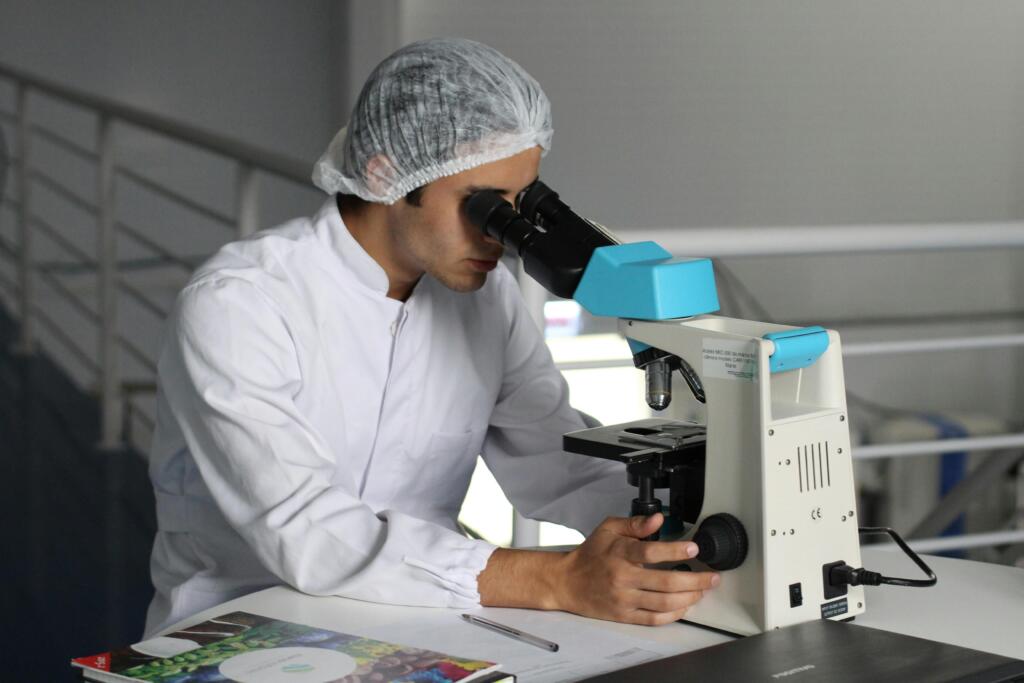In recent years, medical education overseas has undergone a remarkable transformation, driven by cutting-edge technologies and groundbreaking research. International medical programs are embracing innovative solutions to enhance the learning experience and prepare future healthcare professionals. From virtual reality simulations to artificial intelligence-powered diagnostic tools, these advancements are revolutionizing the way medical students acquire knowledge and develop crucial skills.
Renowned universities across Europe, such as the University of Tartu in Estonia, the Medical University in Hungary (University of Pécs), and the Masaryk University in the Czech Republic, have become hubs for global healthcare research and innovation.
Cutting-Edge Technologies Transforming Medical Education Overseas
Medical education abroad is undergoing a remarkable transformation, driven by cutting-edge technologies that enhance learning experiences and prepare students for the future of healthcare. European medical universities offering English-taught programs are at the forefront of this revolution, incorporating innovative tools and techniques to provide students with unparalleled opportunities for growth and development.
Virtual Reality and Augmented Reality in Medical Training
Virtual reality medical training is becoming increasingly prevalent in overseas medical education. VR technology allows students to practice complex procedures and diagnose rare conditions without risk to patients. Augmented reality complements VR by overlaying digital information onto real-world environments, enabling students to visualize anatomical structures and surgical techniques in a more engaging and memorable way.
Artificial Intelligence and Machine Learning Applications
AI in healthcare education is revolutionizing the way medical students learn and interact with vast amounts of data. Machine learning algorithms can analyze data to identify patterns and predict outcomes, aiding students in developing critical thinking skills. AI-powered tutoring systems adapt to individual learning styles, providing personalized feedback and guidance to optimize each student’s progress.
Telemedicine and Remote Learning Opportunities
Telemedicine for medical students is bridging the gap between classroom learning and real-world clinical experience. Through remote consultations, students can observe and participate in patient care globally. This exposure to diverse patient populations and healthcare systems broadens their perspectives and prepares them for the growing demand for telehealth services. Additionally, online collaboration tools enable students to connect with peers and experts globally, fostering a spirit of international cooperation and knowledge sharing.
Pioneering Advancements in Medical Studies Abroad
Medical education abroad is undergoing a remarkable transformation, with groundbreaking research, collaborative programs, and personalized medicine at the forefront. Students pursuing international medical research are exposed to innovative approaches and cutting-edge technologies.
Groundbreaking Research and Clinical Trials
European medical schools lead in groundbreaking research and clinical trials, offering students opportunities to advance medical science. From state-of-the-art research facilities in Germany to renowned clinical trial centers in the United Kingdom, students can engage in projects that have the potential to transform patient care and improve health outcomes on a global scale.
Collaborative International Medical Programs
Collaborative healthcare programs in medical education abroad foster cross-cultural exchange and knowledge sharing. These programs bring together students, researchers, and healthcare professionals from diverse backgrounds to tackle complex medical challenges and develop innovative solutions. By participating in these collaborative initiatives, students gain a global perspective on healthcare delivery and develop the skills necessary to thrive in an interconnected medical landscape.
Personalized Medicine and Genomics Integration
Personalized medicine education is gaining traction abroad, with a focus on tailoring healthcare to individual needs. By integrating genomics and precision medicine into their curricula, these schools are equipping students with the knowledge and skills necessary to leverage these advancements in their future careers. From understanding the role of genetic variations in disease susceptibility to developing targeted therapies, students are at the forefront of this exciting field.
Conclusion
Studying medicine abroad offers aspiring doctors unparalleled access to cutting-edge technologies and innovative medical education. From virtual reality and artificial intelligence applications to telemedicine and remote learning opportunities, international medical programs provide students with the tools and knowledge needed to thrive in the rapidly evolving healthcare landscape.
